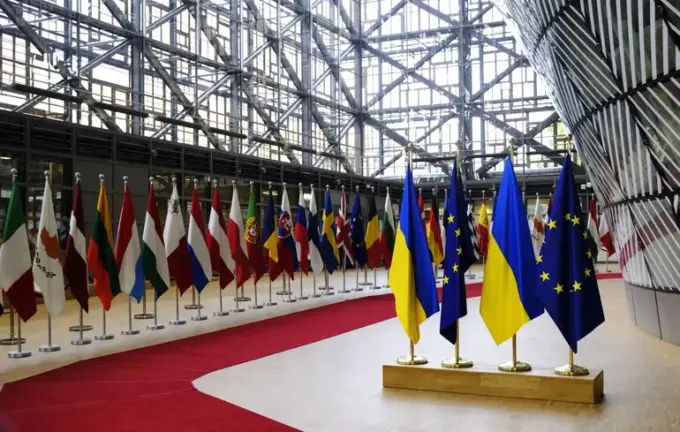EU Develops New Membership Rules: A Path to Accelerated Integration for Ukraine

The European Union is undertaking significant reforms to its expansion policies, proposing a new approach that could expedite the accession process for candidate countries such as Ukraine, Moldova, and others.
According to recent reports by Politico, the EU is considering introducing a special membership procedure that grants new member states all core benefits of EU membership, while temporarily limiting their veto rights during initial phases.
This strategic move aims to make EU expansion more flexible and efficient, reducing resistance from certain member states, notably Hungary.
Under the proposal, candidate countries would enjoy access to the single market, common standards, and other EU tools, but their ability to block decisions would be curtailed until institutional reforms are completed.
The main idea involves countries agreeing to relinquish their veto rights temporarily—until key reforms are implemented that make decision-making within the Union more streamlined.
The Chair of the European Affairs Committee of the German Bundestag, Anton Gofreiter, emphasized that expansion should not be hindered by the resistance of individual members, given the current challenges requiring European unity and speed.
According to sources, the proposal is under active discussion among member states and the European Commission.
It aims to avoid the politically complex step of amending foundational EU treaties, which is currently deemed unfeasible.
Supporters include Austria and Sweden, eager to revitalize the stalled expansion process, currently blocked by countries like Hungary.
Budapest and its allies express concerns about opening markets to new members, fearing increased competition or security threats.
These reforms are designed to bolster the EU’s strategic goal of enlargement amid Russia’s aggressive policies.
The plan envisions increasing the union’s membership from 27 to about 30 over the next decade, amid internal debates and disagreements over timelines and procedures.
For example, Montenegro’s President, Jakov Milatović, called for revitalizing the accession process, noting that the last country to join was Croatia over ten years ago, and emphasizing that the EU remains an attractive club.
Ukraine’s Vice Prime Minister for European and Euro-Atlantic Integration, Taras Kachka, also urged for creative approaches to unblock negotiations, stating: “We cannot wait.
We must find solutions now — this is crucial not only for Ukraine but for the entire EU.” Supporters of Orbán’s opponent acknowledge Russia’s aggression but oppose a rushed accession for Ukraine, with some noting that, according to current rules, accession negotiations can only begin after Hungary’s parliamentary elections in April 2026, should Orbán’s party lose its majority.

